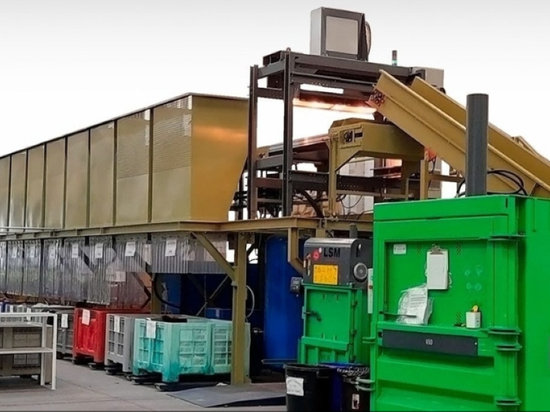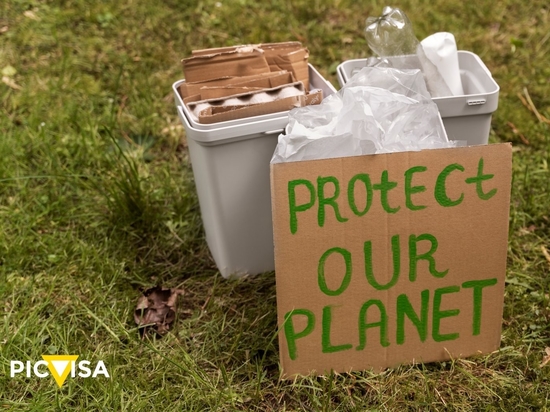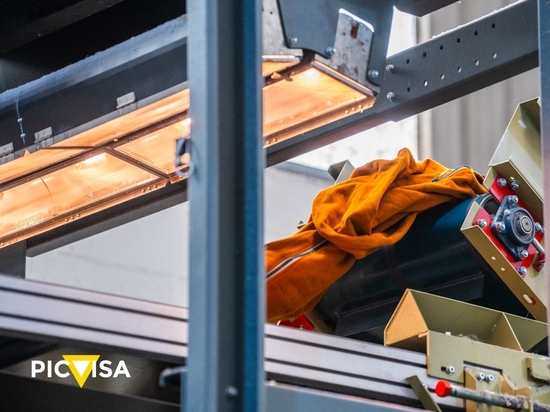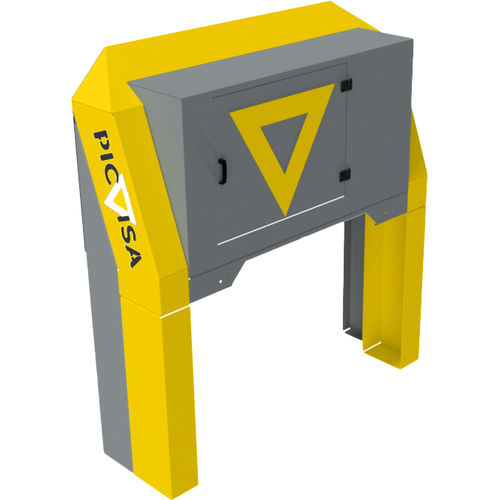
#Industry News
NAVIGATING THE WAVE OF NEXT-GENERATION WASTE: A PROACTIVE APPROACH BY PICVISA
NAVIGATING THE WAVE OF NEXT-GENERATION WASTE: A PROACTIVE APPROACH BY PICVISA
NAVIGATING THE WAVE OF NEXT-GENERATION WASTE: A PROACTIVE APPROACH BY PICVISA
by Picvisa | Oct 10, 2023 | Other materials recycling
The new generation waste from vapers and electronic cigarettes, cosmetics, wearables, drones to ELV (End-of-Life-Vehicles) waste is emerging strongly in the recycling landscape. Every week, millions of these new generation wastes are discarded, posing a monumental challenge in terms of volume to manage and impact on landfills.
THE EMERGENCE OF NEW GENERATION WASTE: A RISING CHALLENGE
Classifying the waste from these items is complex due to their multifaceted construction, which includes biological components, plastic, metal, and sometimes lithium batteries. We are facing a new paradigm in waste treatment, and with it, a new and complex challenge.
ACCELERATING THE CIRCULAR ECONOMY IN VEHICLE RECYCLING: NEW STRATEGIES FOR AN OLD CHALLENGE
End-of-Life Vehicles (ELV) represent another critical category of new generation waste.
The rise of electric and autonomous vehicles is making millions of older models obsolete, increasing the need for recycling processes suited to the new context.
ELVs contain valuable materials that, with appropriate sorting and separation technologies like those of PICVISA, can be recycled and reused, reducing the demand for virgin resources and also aligning the automotive industry with the development vectors of the circular economy.
As technology advances and vehicles become more complex, ELV waste presents a considerable challenge in terms of recycling and the circular economy.
Data and Figures on ELVs
According to Recycling International, it is estimated that between 6 and 7 million ELVs are discarded in Europe each year. Although the recycling and recovery rate of these vehicles exceeds 85%, there is still significant room for improvement in managing this waste.
Classification and Recycling of ELVs
Within a car, we find a wide range of materials: from metals and alloys to plastics, rubbers, electronic components, and liquids. Optical classification, in particular, is very useful for identifying and separating components based on their visual properties, facilitating their subsequent recycling and reuse.
The European Commission has stepped up efforts to promote ELV recycling, highlighting the need for effective dismantling and recycling strategies that minimize environmental impact and maximize the recovery of useful materials.
WEARABLES AND E-WASTE: AN EXPANDING DILEMMA
The rise of wearable technology is transforming our lives in significant ways, driving device interconnection and connectivity to new levels. However, this advancement is not without challenges.
Wearables, such as smartwatches and fitness trackers, have contributed to the growing e-waste problem due to their relatively short lifespan and rapid update cycles. Although some eco-friendly innovations have emerged (Biodegradable Wearables, Vegan-Friendly Smartwatches, Sustainable Packaging), the e-waste generation rate far exceeds ongoing sustainability initiatives.
E-WASTE AND THE ERA OF DRONES: A FLIGHT TOWARDS ENVIRONMENTAL CHALLENGE
In line with the rapid growth of technology, drones have gained a prominent presence in various industries, from agriculture to mapping or filmmaking.
However, this massive penetration has led to a significant accumulation of discarded or unusable drones, further fueling the e-waste crisis.
Drone production not only involves substantial resource expenditure but also raises concerns about their treatment at the end of their lifespan, especially given the complexity and diversity of the materials involved.
On the other hand, SD 9.0 specifications for SD cards point towards a strategy in favor of the battle against e-waste. This new standard facilitates access to information stored on damaged or unused devices, strongly supporting the ‘Right to Repair’ movement.
It is crucial to emphasize that this measure not only empowers consumers by extending the lifespan of their electronic devices but also represents a step forward in reducing electronic waste.
ROCE INDEX: THE METRIC FOR A SUSTAINABLE FUTURE
The ROCE (Return On Climate and Environment) Index recently introduced by the World Economic Forum has been coined as “the metric for the next 2,000 years”.
The ROCE Index aims to become a fundamental benchmark in the business and environmental world, emphasizing the imperative connection between sustainability and profitability in future businesses.
In the latest update of the Global Risks Report (World Economic Forum 2023), environmental risks already have their category, and international organizations are calling for urgent, viable, effective, and scalable measures to address the treatment of new generation waste.
Global Risks Report 2023
Source: World Economic Forum 2023
OUR COMMITMENT TO A GREENER AND MORE EFFICIENT FUTURE
The treatment and classification of new generation waste is a challenge that transforms the recycling sector and requires innovation and commitment to constantly adapt to the new demands of a production and consumption environment that is constantly changing.
At PICVISA, we closely follow every industrial innovation in the production, manufacturing, and consumption of products, materials, and components. It’s a landscape that requires not only technological innovation but also a transformation in our approach to consumption and production.
We adapt and improve our identification, classification, and separation technologies, from artificial intelligence to optical classification, maintaining our firm commitment to leading the necessary revolution in the management of new generation waste and the strengthening of the circular economy.
The urgency to proactively address the challenges presented by the latest generation waste is imperative, and with our advanced technological solutions, we put our highly trained human team at the helm to navigate this wave of challenges and opportunities.





